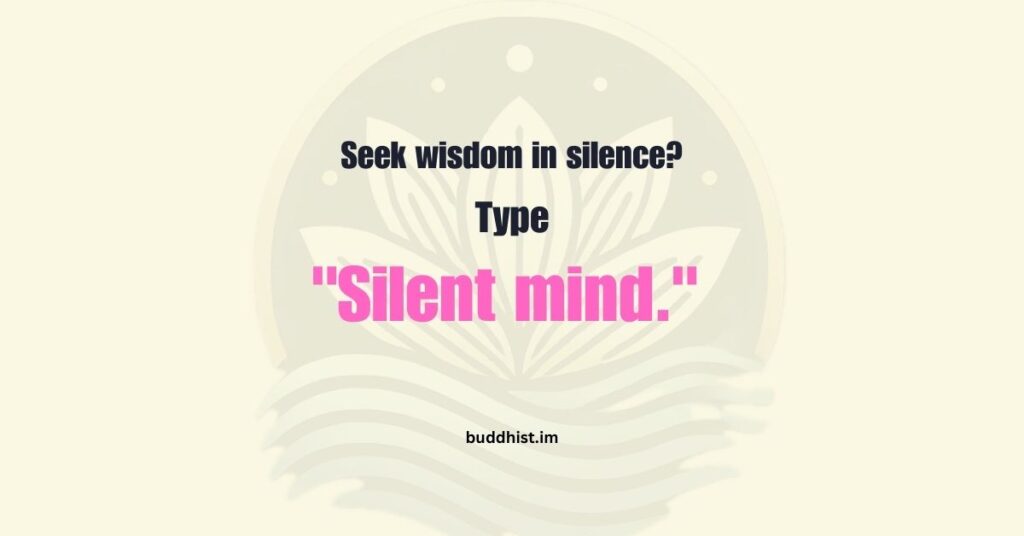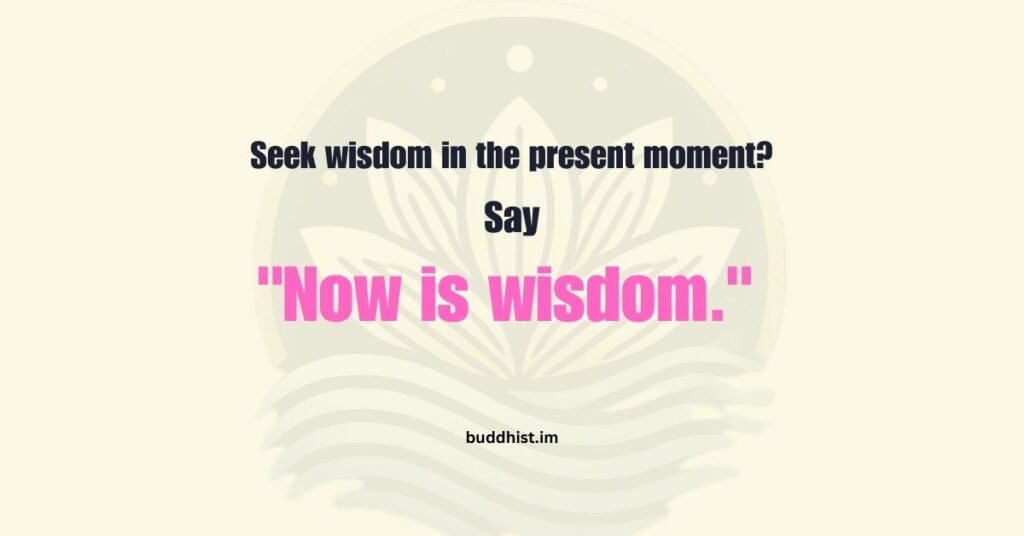Picture this: it’s Sunday morning. The sun is shining, the birds are chirping, and you and your partner are deciding who’s going to do the dishes after breakfast. What starts as a simple conversation quickly spirals into a heated debate about “who did what last time.” Sound familiar? Don’t worry; you’re not alone. Sharing responsibilities can be tricky, but Buddhist couples have a simple rule that makes it all… well, zen.
Curious? Let’s dive in!
The Rule: “We’re on the Same Team”
At the heart of many Buddhist teachings is the concept of unity, seeing the world and others as interconnected. For Buddhist couples, this idea extends to their partnership. They approach every household responsibility with one mantra in mind: “We’re on the same team.” This mindset doesn’t just dissolve arguments; it turns chores into opportunities for connection.
When you see your partner as your teammate (not your opponent in the great battle of laundry or groceries), the dynamics change. It’s no longer about “I did this” and “You did that,” but rather about how together you’re keeping your household running smoothly.
Step 1: Sit Down, Breathe, and Communicate
Buddhist couples start with a heart-to-heart, but not the dramatic, soap-opera kind. It’s more like, “Let’s grab some tea and chat about life… and maybe who’s taking out the trash.” Communication is key, but so is the tone. Keep it light, keep it kind, and for heaven’s sake, keep it judgment-free!
Here’s how it goes down:
- Set a calm vibe: Maybe light a candle or play some soothing music. No need to go full meditation mode, but creating a chill atmosphere never hurts.
- Acknowledge each other’s efforts: “I’ve noticed how hard you’ve been working this week. I really appreciate it.”
- Bring up the tasks: “How do you think we can split things up so we both feel balanced?”
Simple, right? The key is starting from a place of gratitude and teamwork, not finger-pointing.
Step 2: Divide, but Don’t Keep Score
Okay, this might sound contradictory, but hear me out. Buddhist couples believe in balance, not tit-for-tat. Instead of thinking, “I vacuumed, so you need to mop,” they focus on what’s practical and fair for the team.
Here’s a pro tip: Make a list of all the household responsibilities and divide them based on each person’s strengths or preferences. One of you loves cooking? Great, you’re the head chef. The other hates folding laundry but doesn’t mind loading the dishwasher? Perfect, you’re on dish duty.
But, and this is important, leave room for flexibility. Life happens. If one of you is swamped with work, the other steps in. No scorekeeping, no resentment, just mutual support.
Step 3: Practice Mindfulness During Chores
Now, this is where things get a little Buddhist-y (in the best way). Instead of rushing through chores like they’re the enemy, Buddhist couples treat them as opportunities to practice mindfulness.
Doing the dishes? Feel the warm water on your hands, notice the sparkle of the clean plates, and maybe even hum your favorite tune. Folding laundry? Take a moment to appreciate the soft fabric and the fact that you have clothes to wear.
By turning chores into a mindfulness practice, they become less of a drag and more of a meditation in motion. Plus, it’s hard to fight over who’s doing what when you’re both in a zen state of mind.
Step 4: Celebrate Team Wins
Buddhist couples don’t just focus on the tasks; they celebrate the teamwork. Finished all your chores for the week? High-five! Cooked a delicious dinner together? Bust out the dessert! These little moments of celebration reinforce the idea that you’re in this together.
One couple we know even has a silly ritual: after a long day of cleaning, they plop on the couch, clink their mugs of tea, and declare, “Go Team Us!” It’s cheesy, it’s adorable, and it works.
What About When Conflicts Do Arise?
Let’s be real: even the most enlightened Buddhist couple isn’t immune to the occasional disagreement. When conflicts arise, they follow a few golden rules:
- Pause before reacting: Take a deep breath (or ten). This stops knee-jerk reactions and gives you a moment to collect your thoughts.
- Focus on the problem, not the person: Instead of saying, “You never help around the house,” try, “I feel overwhelmed with the chores lately. Can we find a better balance?”
- End with kindness: Even if the conversation gets tough, remind each other that you’re on the same team.
The Takeaway
Sharing responsibilities in a marriage doesn’t have to be a battle. By adopting the Buddhist principle of unity and teamwork, couples can create a harmonious household where chores are just another way to connect and support each other.
So next time you’re tempted to argue over whose turn it is to take out the trash, pause, breathe, and remember: You’re on the same team. Who knows? You might just find joy in the simple act of folding laundry, or at least, in doing it together.
Go Team Us!



![Stop Losing Yourself in Marriage, [Here’s the Fix]](https://buddhist.im/wp-content/uploads/2025/01/Stop-Losing-Yourself-in-Marriage—Heres-the-Fix-1024x536.jpg)
![Stop Over-Explaining [Here’s What to Do Instead]](https://buddhist.im/wp-content/uploads/2025/01/Stop-Over-Explaining-Heres-What-to-Do-Instead-1024x536.jpg)






![[Trust Thrives on THIS] And It’s Easier Than You Think!](https://buddhist.im/wp-content/uploads/2025/01/Trust-Thrives-on-THIS—And-Its-Easier-Than-You-Think-1024x536.jpg)








